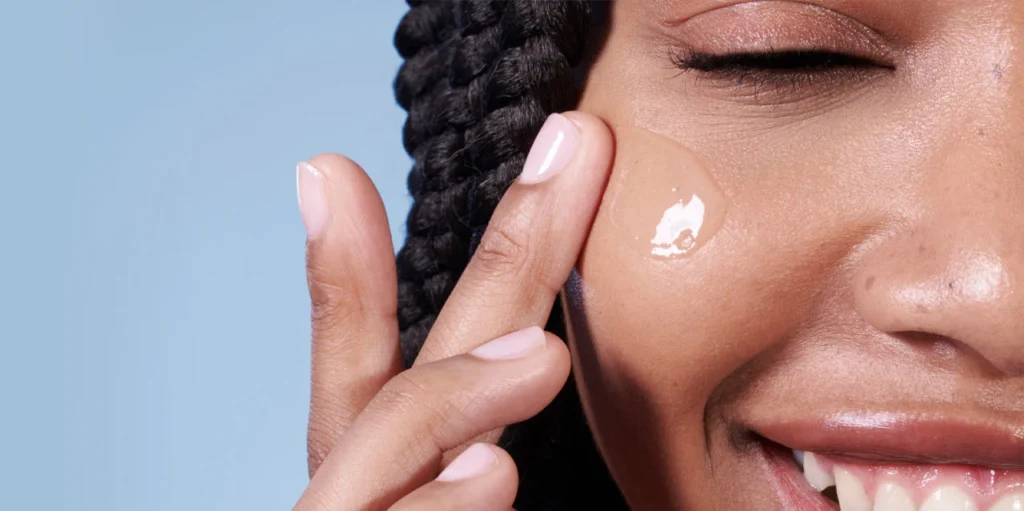
Winter Skincare Tips: How to Avoid Dryness and Flakiness
BlogWinter brings with it chilly winds, low humidity, and indoor heating, all of which can wreak havoc on our skin, leading to dryness and flakiness. As a skincare professional, I’ve encountered numerous clients struggling with these issues during the colder months. However, with the right approach and skincare routine adjustments, you can maintain a healthy, hydrated complexion throughout winter. In this article, I’ll share expert tips on how to avoid dryness and flakiness and keep your skin glowing even when the temperatures drop.
Understanding Winter Skin Concerns
Before diving into the tips, it’s crucial to understand why our skin tends to become dry and flaky during winter. The cold weather strips away the skin’s natural oils, while indoor heating further dehydrates it, leading to moisture loss. Additionally, hot showers, harsh soaps, and exfoliants can exacerbate the problem by disrupting the skin barrier, leaving it vulnerable to moisture loss and irritation. As a result, dry, flaky patches often appear, particularly on areas like the face, hands, and legs.
Tip 1: Hydrate from Within
One of the most effective ways to combat dryness during winter is by ensuring proper hydration from within. Drinking an adequate amount of water throughout the day helps maintain the skin’s moisture balance and supports its overall health. Aim to drink at least eight glasses of water daily, and consider incorporating hydrating foods such as fruits, vegetables, and soups into your diet.

Tip 2: Use a Gentle Cleanser
Opt for a gentle, hydrating cleanser that won’t strip away the skin’s natural oils. Look for formulas free of harsh sulfates and alcohol, as these can further dry out the skin. Instead, choose cleansers with moisturizing ingredients like hyaluronic acid, glycerin, and ceramides, which help replenish and lock in moisture.
Tip 3: Moisturize Regularly
Moisturizing is essential year-round, but it’s especially crucial during winter. Choose a rich, emollient moisturizer formulated for dry or sensitive skin and apply it immediately after cleansing while the skin is still damp. This helps seal in moisture and creates a protective barrier against harsh environmental factors. Don’t forget to moisturize your body as well, paying extra attention to areas prone to dryness such as elbows, knees, and heels.
Tip 4: Incorporate Humectants
Humectants are ingredients that attract moisture from the environment into the skin, helping to keep it hydrated. Look for products containing humectants such as hyaluronic acid, glycerin, and honey. These ingredients draw moisture to the skin’s surface, keeping it soft and supple even in dry winter conditions.
Tip 5: Protect Your Skin
Shield your skin from the elements by wearing appropriate clothing, including scarves, gloves, and hats, to protect exposed areas from cold winds and low temperatures. Additionally, apply a broad-spectrum sunscreen with SPF 30 or higher daily, as UV rays can still damage the skin, even on cloudy winter days. Don’t forget to reapply sunscreen every two hours, especially if you’re spending time outdoors.
Tip 6: Limit Hot Baths and Showers
While a hot shower may feel comforting on a cold winter day, it can actually worsen dryness and flakiness by stripping the skin of its natural oils. Instead, opt for lukewarm water and limit your shower or bath time to 10 minutes or less. Pat your skin dry gently with a towel afterward, leaving it slightly damp before applying moisturizer to lock in hydration.
Tip 7: Exfoliate Wisely

Exfoliation is beneficial for removing dead skin cells and promoting cell turnover, but it’s essential to do it gently, especially during winter when the skin is more fragile. Avoid harsh physical scrubs and opt for chemical exfoliants containing ingredients like alpha hydroxy acids (AHAs) or beta hydroxy acids (BHAs). Limit exfoliation to once or twice a week to prevent over-exfoliation, which can further compromise the skin barrier.
Tip 8: Use a Humidifier
Indoor heating can significantly reduce the humidity levels in your home, leading to dry air that further dehydrates the skin. Using a humidifier helps add moisture back into the air, creating a more comfortable environment for your skin. Place a humidifier in your bedroom or other frequently used areas to combat the drying effects of indoor heating during winter.
Maintaining healthy, hydrated skin during winter requires a proactive approach and adjustments to your skincare routine. By following these expert tips, you can avoid dryness and flakiness and keep your skin looking and feeling its best throughout the colder months. Remember to hydrate from within, use gentle cleansers and moisturizers, protect your skin from the elements, and incorporate humectants and a humidifier into your routine for optimal results. With the right care, you can enjoy a radiant complexion all winter long.


